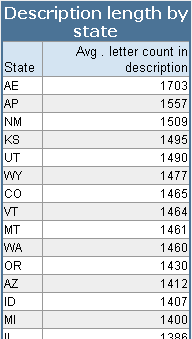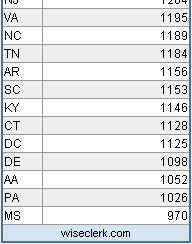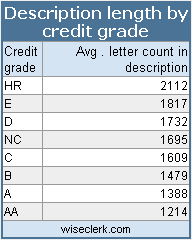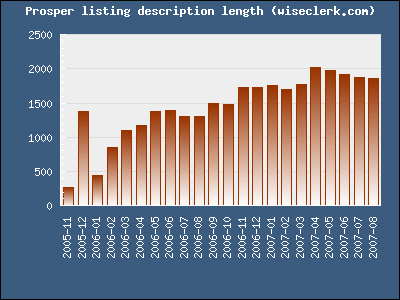Prosper.com announced that it will discontinue group fees in the near future for all new loans. Group fees, also called Group leader rewards or Group rewards allowed the group leader to charge a fee that is payed by borrowers with loans in this group.
The announcement:
At Prosper, we have been listening to your feedback regarding groups and group leader rewards.
The original philosophy behind Prosper Groups was to enable borrowers in close-knit communities to leverage the reputation and peer pressure of their group to attract more bids from lenders, resulting in potentially lower interest rates for borrowers, and lower default rates for lenders. We have found, after nearly two years of experience, that the strongest groups are comprised of close networks of friends and associates, where compensation is not the dominant motivation for the group leader’s services.
As a result, we are making changes to Prosper Groups. In the next month, Prosper will discontinue payment rewards on new loans for group leaders. Group leaders will continue to earn payment rewards on all eligible loans originating before the change. Group leaders can also receive referral rewards for referring borrowers or lenders to Prosper under our Referral Program.
We hope this change will encourage group leaders to grow their groups by inviting new members from their pre-existing social networks, turning Prosper Groups into a more powerful community development tool and making Prosper simpler for both borrowers and lenders.
For more details on these changes, please visit our Group Changes Frequently Asked Questions (FAQ).
Thank you for helping us become the Internet’s leading community lending site.
The original idea of the Prosper groups was, that social connections, that already existed offline, would be replicated within the Prosper group structure.
But most groups evolved online only with no previous offline connections between the members. The (the lack of) value of the groups for the Prosper concept has been discussed repeatedly in the Prosper forum. While some group leaders did a good job screening and vetting borrower applications and the group leader could be seen as a compensation for time invested; the majority of lenders seems to see the removal of group fees as a step in the right direction.


 Danish startup C4 World on it's platform
Danish startup C4 World on it's platform 




